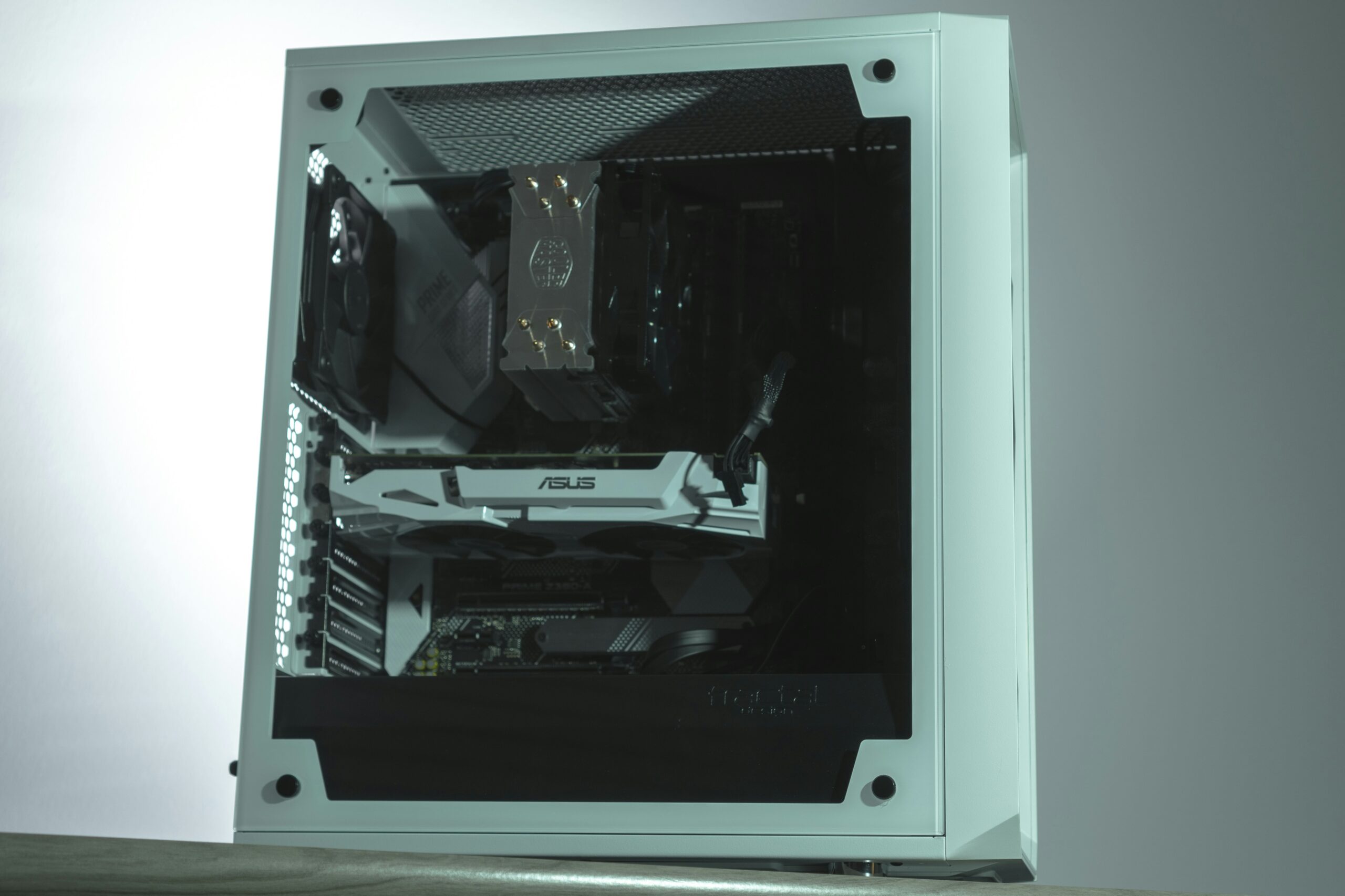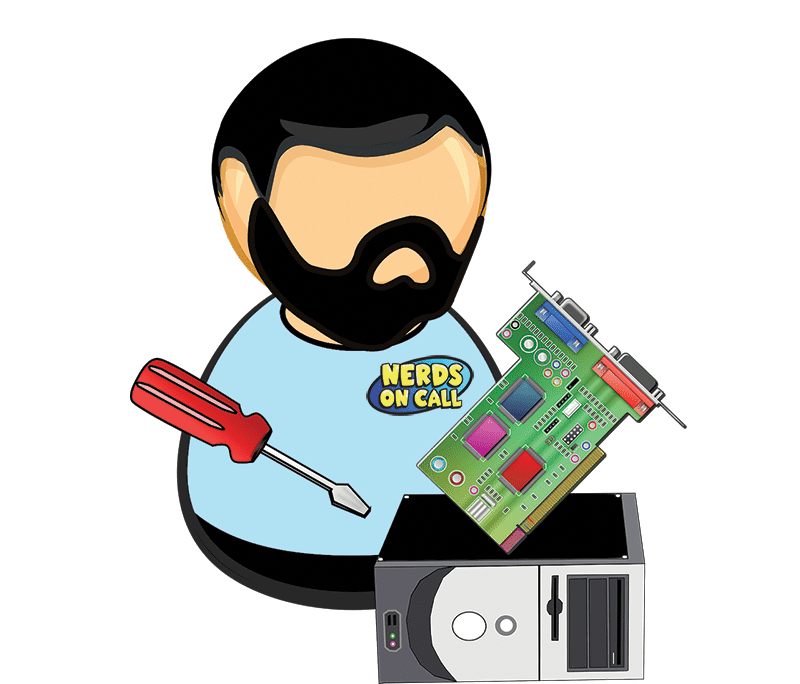What does “Open” mean? You’ve probably heard the term “Open” in reference to a lot of things on the Internet. Just like any word with so open-ended(ha!) a definition, it gets thrown around a lot and misused for marketing’s sake. So we’re writing a bit about what it means to help clarify what “open” really refers to online.
At its core, the word “open” means that nothing is concealed. An open system is any system which makes its methods publically available and allows the public to modify those methods according to consensus.The opposite of an open system is a closed system, one which is only accessible to a select number of people. A true democracy is an “open” government system where each person in the country has an equal say on what constitutes law. In contrast a dictatorship like North Korea or an oligarchy like the U.S. is a “closed” system which only lets a few number of people change it.
The Internet is the world’s largest open system. It was created to allow anyone to connect to it and to add something onto it without permission from a governing authority. It does this via something called an “open standard.” An open standard is a series of rules which have been agreed on by a group of people, but remain open to change as long as those changes are also agreed upon. For example, you’re probably familiar with the acronym “HTTP.” HTTP is an open standard that web browsers agree to use so that users can see data in the same way everywhere.
For a large example of an “open” web project, think of Wikipedia. Wikipedia can be edited by anyone. This has both pros and cons. On the positive side, anyone can contribute their knowledge & expertise to a subject. On the negative side, inexperienced people can damage the resource by putting false information in, or vandals can insert bad information. Both of these cons can be fixed by the open system, but it will take time from a reviewer. Therefore, no open system is really ever complete: it’s constantly changing to be closer and closer to what everyone can agree on.
But Wikipedia is just the surface of what the open methodology can become. You’ve probably heard of open-source software before, like Mozilla Firefox, or Linux. Open-source software is similar to Wikipedia: anyone can edit it. That means that anyone who knows the code language can add features to the program, or fix bugs.
However, software must undergo a more thorough testing process before people use it. Otherwise, code that produces errors or even malicious code can make its way onto the computers of hundreds of thousands of people. For example, 2014’s Heartbleed bug was a result of open-source code with an error in it being circulated around the world.
The best part about “open” systems is that you never need to move onto a better one. Think about how much Microsoft Windows (a closed-source program) has changed over the years and how many versions you’ve had to buy. It’s worked on by a relatively small group of people who don’t allow access to their code. As a result, errors can be slow to fix, and it’s hard for people trying to improve what the operating system can do because they don’t have access to certain functions. If you want to make the operating system do something new, you have to write an entirely new program. And you can’t just pick and choose which parts you want to upgrade; you have to buy the program all over again, even if most of the code is the same. With an open-source operating system like Linux, bugs can be fixed easily and instead of writing a program from scratch, programmers can “fork” (borrow code from) an existing program.






